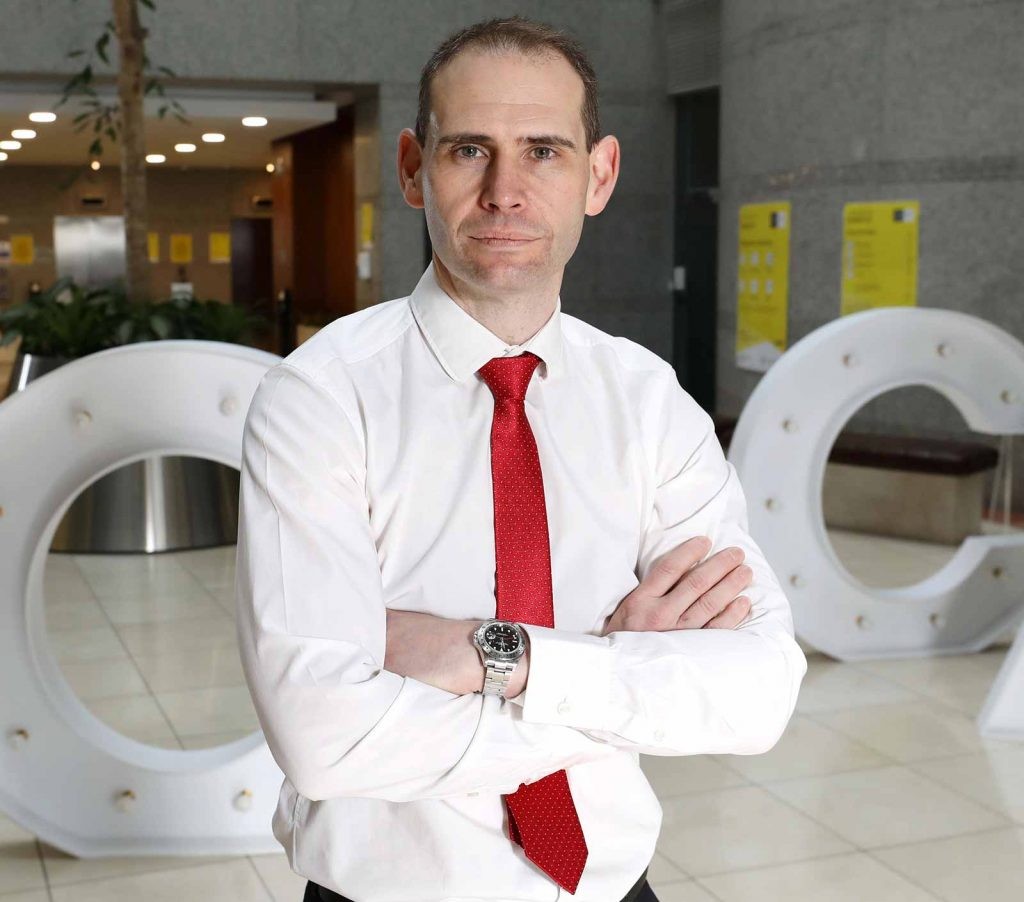
In March this year, the European Parliament approved the Corporate Sustainability Reporting Directive (CSRD), a move that brings this new EU-wide approach to non-financial reporting a step forward to implementation.
The CSRD is designed to supersede existing environmental, social and governance (ESG) reporting requirements, and will effectively require any ‘large’ company to disclose information on environmental performance, respect for human rights, social and employee issues, and anti-corruption measures.
Businesses operating in sectors regarded as having a higher potential to pollute, such as textiles or agriculture, will face even more intensive reporting requirements and – notably for the accountancy profession – a statutory auditor, separate from the financial auditor, may be required to express an opinion on sustainability reporting.
‘In the near future, you could see a sustainability service, alongside payroll, taxes and audit, in many practices’
Call to action
How SMEs can create a more sustainable world, a playbook created by ACCA and CA ANZ, suggests six actions that SMPs can take to drive sustainability:
- Improve your sustainability skills and understanding.
- Gather resources, start a conversation and connect more widely.
- Consider sustainability in every decision you make.
- Measure non-financial performance and encourage clients to do so, too.
- Engage with other accounting and sustainability professionals.
- Share your insights and experience widely and often.
Taking the initiative
While the full details of the CSRD will not become clear until later this year, the legislation is expected to come into force as early as 2023 and to hit the ground running – meaning that accountancy practices across Ireland can soon expect calls from clients for whom ESG reporting has become an urgent new priority.
ACCA has long championed sustainability as key to the future of the accounting profession. In 2021, ACCA and CA ANZ issued the How SMEs can create a more sustainable world playbook, a publication with this cohort in mind. In its foreword, Helen Brand, ACCA’s chief executive, says that ‘we’re urging you now to lead initiatives in your own organisations, and for those you advise, to do business sustainably. It’s the right thing to do for future prosperity.’
In January, ACCA Ireland held a roundtable on sustainability, with SMPs and SMEs very much in focus. Special guest Robert Troy, minister of state with responsibility for trade promotion, digital and company regulation, took the opportunity to not only stress the importance of SMEs joining in the journey to decarbonisation but also highlighted ‘the role accountancy and advisory firms have to effect change among the SME sector’.
In tandem with the ACCA playbook, Troy directed businesses to the Climate Toolkit 4 Business, a government-backed resource specifically aimed at SMEs and micro enterprises.
Voluntary to mandatory
Among those attending the roundtable was Kieran Lynch FCCA, partner, Frank Lynch & Co, a long-time advocate for sustainability who was recently appointed to the Accountancy Europe Committee on SME Sustainability. Lynch acknowledged that there are ‘many in our profession who still only have a basic understanding of sustainability’ but suggested that this is set to change rapidly.
‘We are quickly moving from ESG measures being voluntary to becoming mandatory,’ he said. ‘In the near future, you could see a sustainability service, alongside payroll, taxes and audit, in many practices.’
Lynch saw a threefold opportunity for accountants in this regard: promoting sustainability, recording it and verifying it. ‘We are uniquely placed – by virtue of the ACCA Qualification and the ethical standards we uphold – to verify and sign off on sustainability standards,’ he said.
‘Accountants are also unique as trusted advisers to SMEs. Currently, SMEs and primary producers have concerns that the sustainability data they share could be used to their detriment. SMPs can have a role in addressing that.’
‘It’s hard to get long-term environmental issues into the minds of people when they face more imminent risks’
Practical steps
Roundtable attendee Enda Callanan FCCA, partner at Keogh Accountancy Group, described the strides to sustainability his firm has made since 2020. These include moving to a paperless office and a commitment to flexible working arrangements.
‘Our employees have been very positive about these changes; younger staff were perhaps understandably more enthusiastic about the paperless office, but older members, myself included, adapted quickly,’ he said, adding that he ‘was also very much aware of the value of this change because I was paying for the paper!’
In terms of advising on sustainability, Callanan agreed that the profession holds a unique position . ‘To many businesses, we are not just accountants and auditors; we are advisers on many different levels,’ he said. ‘Clients welcome the feedback we can give on their operations and appreciate when we are proactive.’
Callanan illustrated the difference such advice can make through a client conversation three years ago. ‘They had a very large commercial unit and we discussed installing solar panels on the property. Today, not only are they energy self-sufficient; they are actively supplying energy to the grid.’
Imminent risks
Also at the roundtable was Cathal Cusack FCCA, who cautioned that, among many smaller SMEs, there remain questions as to whether they can genuinely make a difference in sustainability. ‘Smaller companies are less focused on the reputational risks around ESG than larger ones, which can effectively get great marketing value out of the fact they have made improvements,’ he said.
Having emerged from the pandemic, and with employment supports being unwound, many SMEs are also dealing with sustainability in a more existential way, he added. ‘The question for many businesses is simply whether they can keep going at all. With war in Ukraine, rising inflation and the potential for food and energy rationing, it’s hard to get long-term environmental issues into the minds of people when they face more imminent risks.’
Nevertheless, Cusack viewed ACCA resources as key to helping accountants keep sustainability in the frame. ‘ACCA has done a very good job in making sustainability and green issues prominent to its members,’ he said.
‘If every ACCA member in practice was having a conversation on sustainability with their clients, then I believe that would have a huge impact. We can’t change the world, but we can make change part of our business conversations.’
More information
Read ACCA’s resources for SMEs and sustainability
Take a look at ACCA’s sustainability hub
Find out about making a better world




